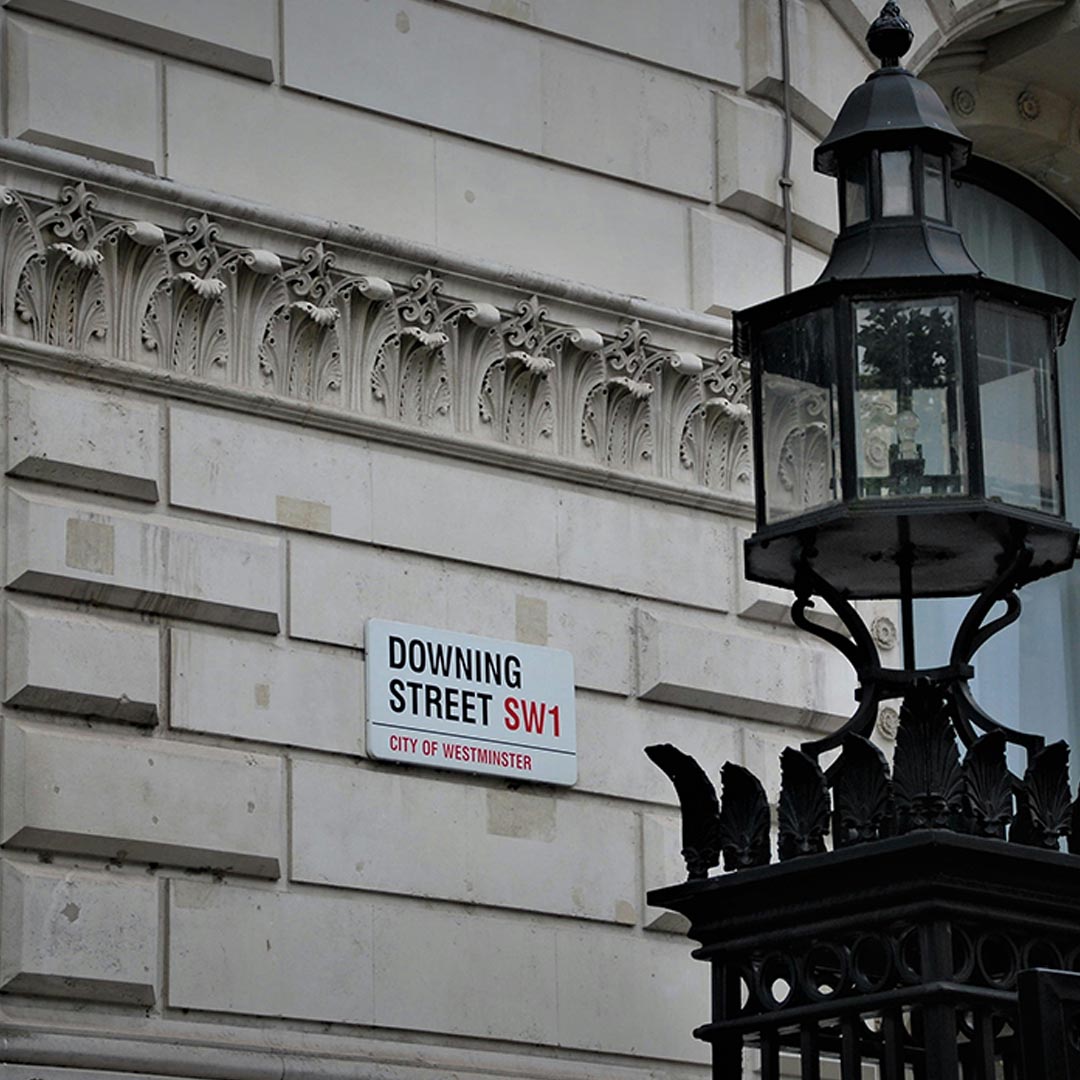A Liverpool business leader has welcomed the news this week that Liverpool City Council have given the green light to a major city centre regeneration development which had initially been refused planning permission just before Christmas.
Frank McKenna, Group chair and chief executive of business lobby group Downtown in Business, says the decision to finally approve Carpenter Developments’ proposals for the former Wapping Goods Station is good news, and is in tune with the ambitions of Liverpool’s new leadership.
Now, McKenna is calling for a ‘reset and renewal’ of the relationships between the public and private sectors across the city and city-region, warning that without strong collaboration over the next decade, Liverpool will fail to hit its economic growth aspirations.
“We are well aware of the challenges the City Council has faced in recent times, and this has inevitably left the business community frustrated as many initiatives have been stalled or scrapped altogether.
“We have seen that frustration bubble up in recent months, with comments and conversations that, I would suggest, are not necessarily conducive to positive private-public sector partnerships.
“Although I can appreciate that developers and investors are keen to get the city moving, we do need to take account of the fact that the city’s new leadership – at both political and officer level – have taken on a huge challenge, one that will take some time to get through.
“Not only have they inherited a poor culture, financial instability, and political turmoil, but Liverpool has suffered savage cuts for over a decade now, putting massive pressure on services, and resulting in a shrinking of personnel in those key ‘economic driver’ roles of planning and inward investment.
“From conversations I am having, at DIB public forums, and privately, I am confident that the new leadership team will turn things around. We need to demonstrate a little patience as a private sector – and I would simply say to the local authority to be open and honest when dealing with enquiries from the business community.”
McKenna says that council leader Liam Robinson is ‘a genuine voice for change and progress’ and that the new executive leadership bring ‘talent, ambition and real ability’ to Cunard Building.
“Liverpool has huge potential, and the private sector genuinely wants to help the council achieve that,” he argues. “I believe that the new leadership team at the City Council is keen to develop a partnership approach. The time is right for us to begin a new era of positive dialogue so that collaboration rather than confrontation is seen as the way forward.”
Mr McKenna concluded:
“Whilst Liverpool has made enormous strides in the last twenty years, it’s not yet fixed. Our economy, particularly in terms of the values needed to sustain high quality development, is not where it needs to be. Developers maybe need to find a way of discussing their challenges in a more collegiate fashion. The council needs to adopt a nurturing approach, working with developers to encourage investment and growth which drives change and improvement. Demanding things which are financially unsustainable means there’ll be no change, no improvement, and no chance of taking the economy forward. I hope that the New Year can bring a new, more collaborative and partnership approach to regeneration in Liverpool. The decision on the Wapping Goods Station site is a very positive start.”









